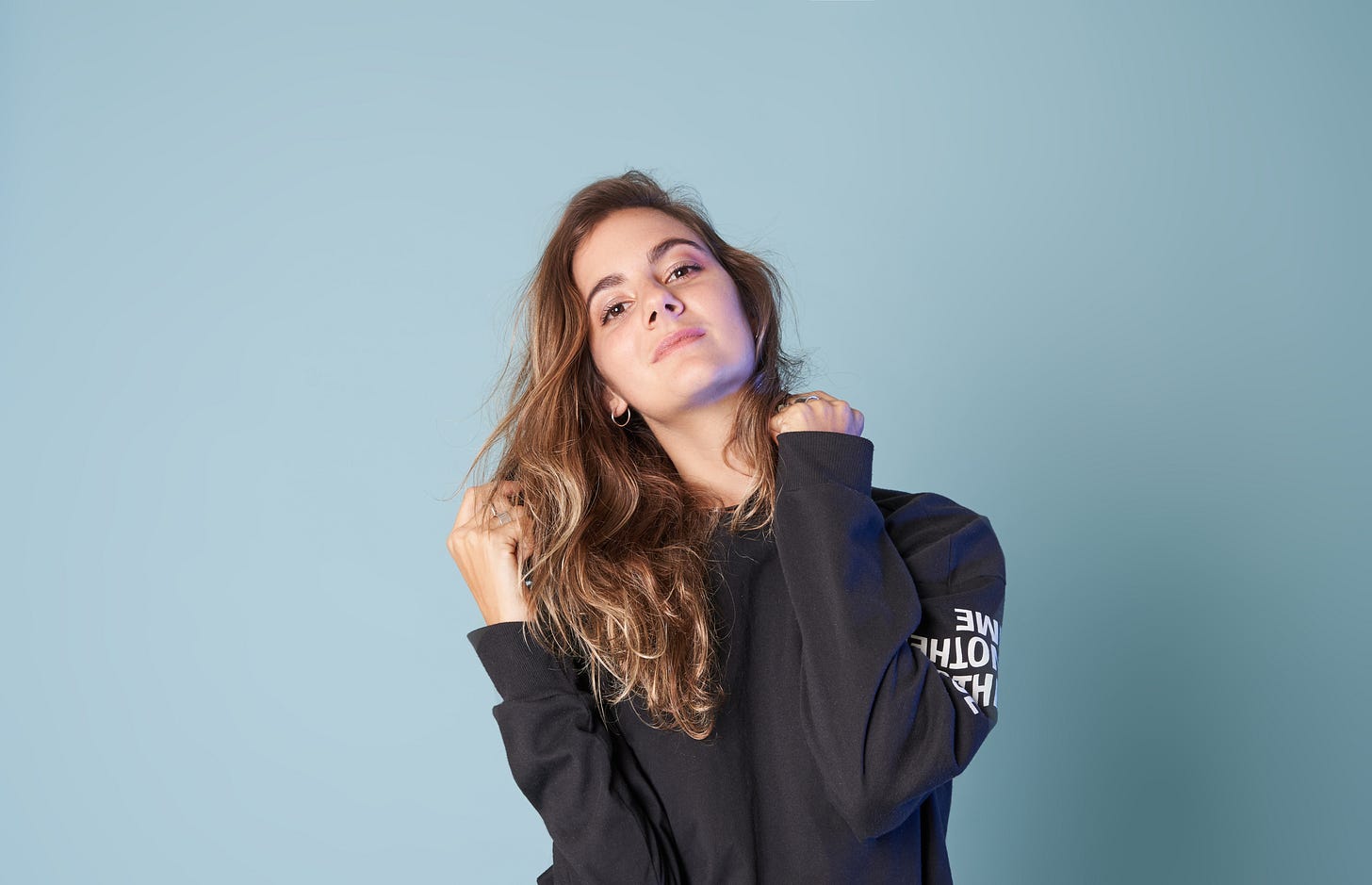CR 065: Musician Anderson Rocio on Making the Leap and Trusting the Lily Pad Will Appear
The singer-songwriter discusses her extraordinary upbringing, her passion for music education, and her efforts to support emerging artists.
Anderson Rocio’s life has been far from ordinary. Born in Italy to an American mother and Spanish father, Rocio—a singer-songwriter and classically trained pianist—spent her formative years living in England. When she was 11, her parents quit their jobs, bought a boat in Florida, and with their three children in tow embarked on a three-year sail around the world, eventually settling in New Zealand. That experience—along with her mother’s advice to “jump, and the lily pad will appear”—played a pivotal role in how Rocio approaches her work.
“The way they’ve brought us up, that’s how they live,” she says. “They just thought, ‘We can do this. Why can’t we?’ and jumped. And we were lucky enough for the lily pad to always appear. Now I’m more educated around the decisions I make, but in my early 20s, it was, ‘Why not buy a one-way ticket to L.A.? Somebody has to do it. Why can’t it be me?’ It’s probably been the reason I’ve gotten into places …
Keep reading with a 7-day free trial
Subscribe to Creative Reverberations to keep reading this post and get 7 days of free access to the full post archives.



